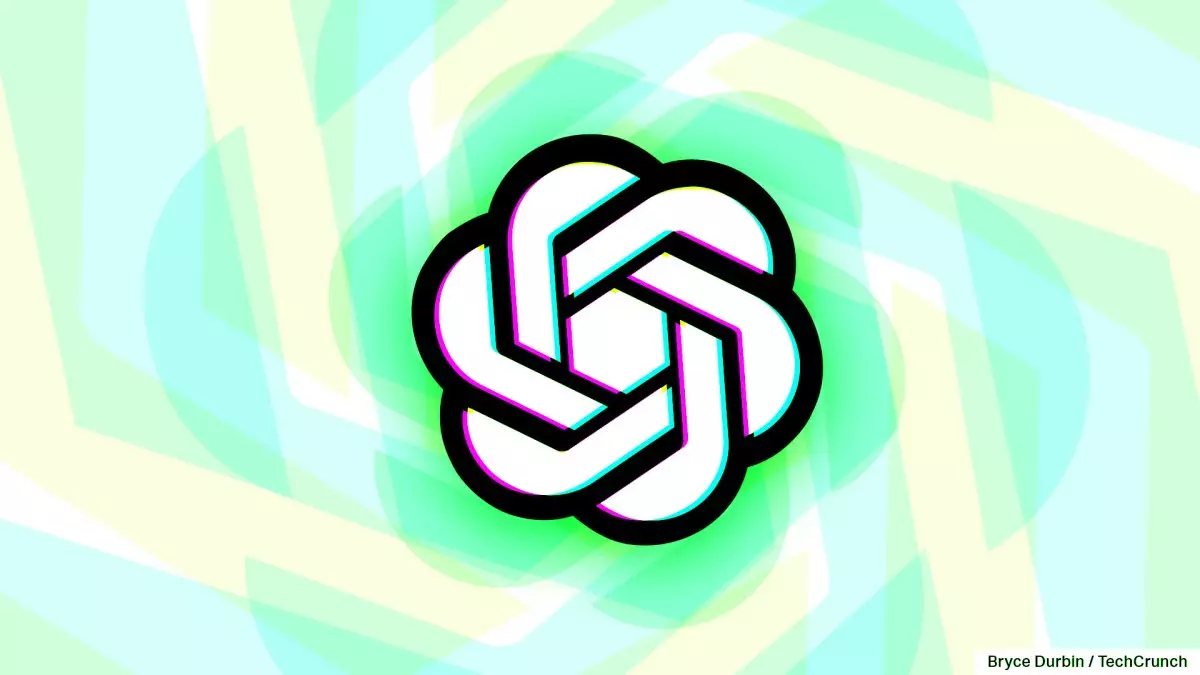The rapid advancement of artificial intelligence (AI) technologies has brought about significant legal and ethical challenges, particularly in the realm of copyright and intellectual property. At the forefront of this dialogue is OpenAI, a prominent AI research organization, and its engagement with notable publications like The New York Times and Daily News. Recently, these media outlets accused OpenAI of unlawfully scraping their content to train its AI models without obtaining the necessary permissions. This ongoing legal battle has taken a contentious turn, as allegations arise regarding the alleged accidental deletion of critical data relevant to the case by OpenAI.
Copyright law governs the usage of artistic and literary works, ensuring that creators maintain control over their content. OpenAI’s stance rests on the principle of fair use, arguing that utilizing publicly available information for training purposes does not constitute copyright infringement. This argument is rooted in the notion that the AI models, such as GPT-4, derive their learning from vast datasets, which include a mixture of books, essays, and various articles. However, the legality of this practice is now under scrutiny as content creators challenge AI companies over the ownership and legitimacy of their intellectual property.
The Incident: Accidental Data Loss
The situation took a surprising twist when it was revealed that OpenAI engineers had unintentionally erased significant data necessary for the ongoing lawsuit. According to legal representatives from The New York Times and Daily News, they have invested considerable time—over 150 hours—identifying their copyrighted content within OpenAI’s training datasets since November 1. However, a letter filed in the U.S. District Court for the Southern District of New York indicates that on November 14, the search data from one of the provided virtual machines was lost, leading to significant setbacks for the plaintiffs.
Despite OpenAI’s attempts to recover the deleted data, the extent of the loss has rendered the recovered files unusable for determining the specific instances where the plaintiffs’ articles were allegedly incorporated into OpenAI’s models. This loss has not only resulted in wasted efforts by the legal teams but has intensified the frustrations faced by the litigating plaintiffs.
The Plaintiffs’ Response
The plaintiffs’ counsel has expressed concerns, stressing the difficulties they now face in repeating extensive efforts after the data deletion. Although they acknowledge there is no reason to suspect malicious intent behind OpenAI’s actions, they argue that this incident exemplifies a systemic issue: OpenAI’s capacity to search its own datasets efficiently and effectively. In essence, they believe that the onus remains on OpenAI to clarify and validate its model training practices while utilizing its own resources.
Beyond the immediate issue of data deletion, the wider repercussions of this case underscore a significant tension between AI developers and traditional media entities. OpenAI has pursued licenses and agreements with various publishers to legitimize its use of their content, yet the legal gray area of fair use continues to pose questions about what constitutes permissible use of entrenched intellectual property. While OpenAI maintains that its methods fall squarely within fair use parameters, media corporations argue that they should be compensated for the use of their proprietary content.
Licensing agreements with outlets like The Associated Press and others signify OpenAI’s attempts to navigate these turbulent waters, yet the details regarding these deals often remain undisclosed to the public. The significant sums of money involved—reportedly upward of $16 million a year in some cases—suggest that there is real economic value in this content that publishers are keen to protect.
As the legal battle between OpenAI and major publications unfolds, it raises critical questions about the future of copyright in the age of AI. The precarious balancing act between innovation and copyright protection underscores the evolving relationship between technology providers and content creators. Moving forward, the outcome of this case could play a pivotal role in shaping policies that govern the use of copyrighted content in AI training, influencing how both sectors interact. The intersection of technology and law is fraught with challenges, and how these issues are resolved will indelibly mark the trajectory of AI development and its ethical considerations.

